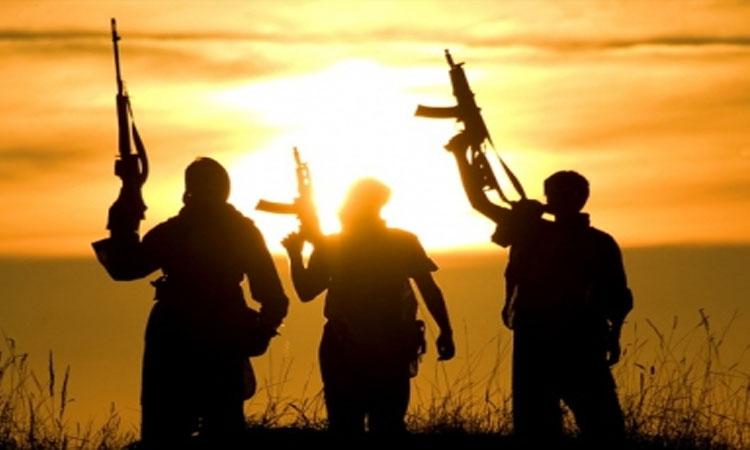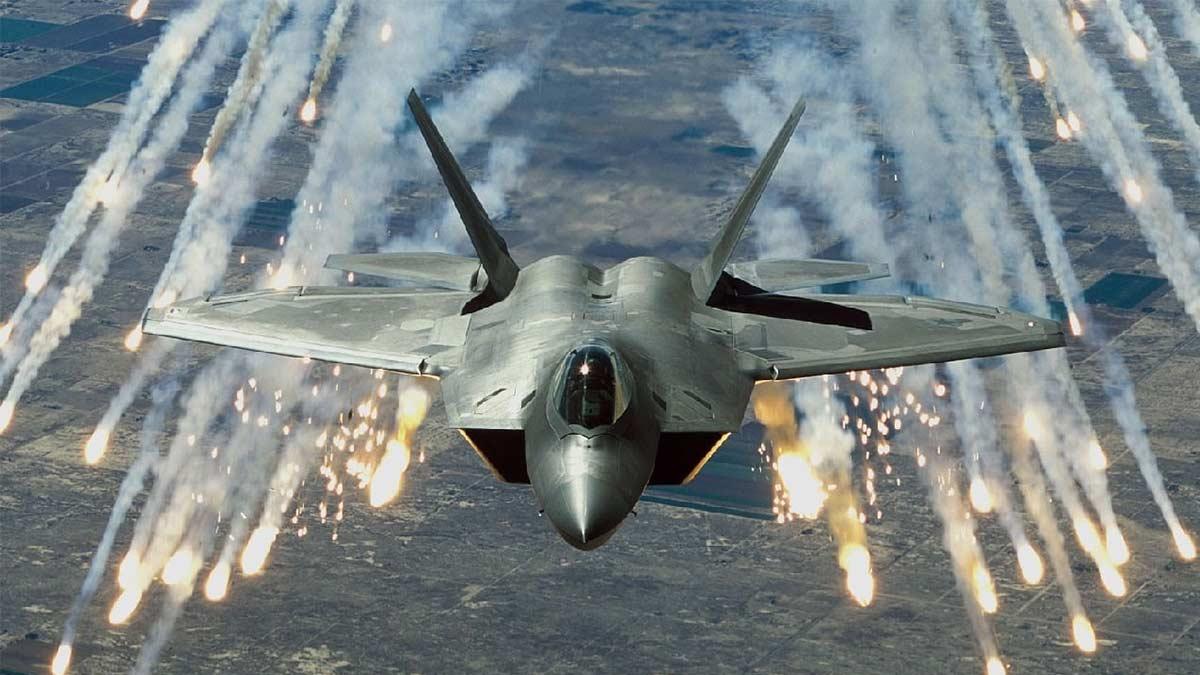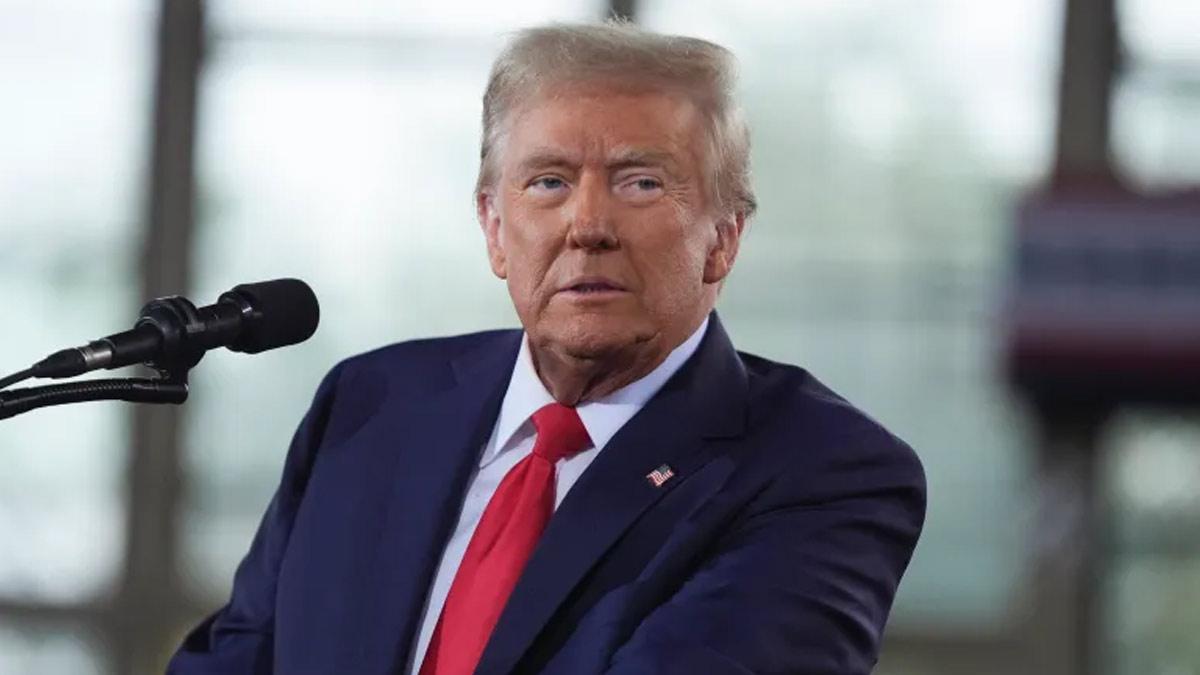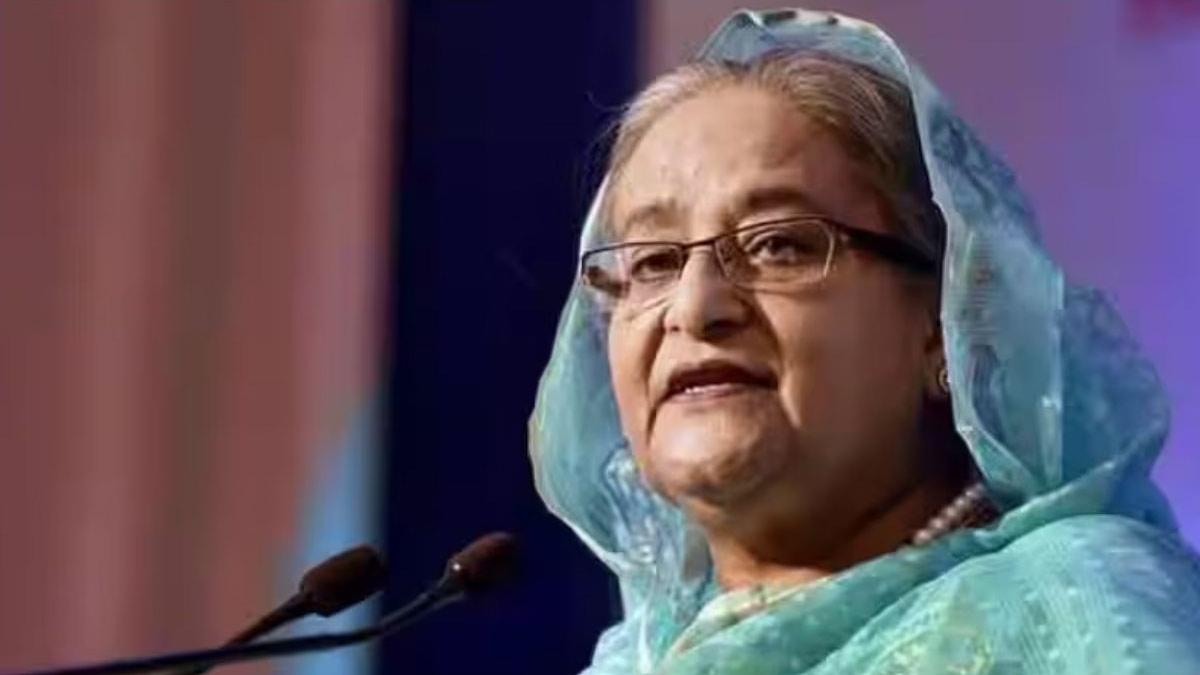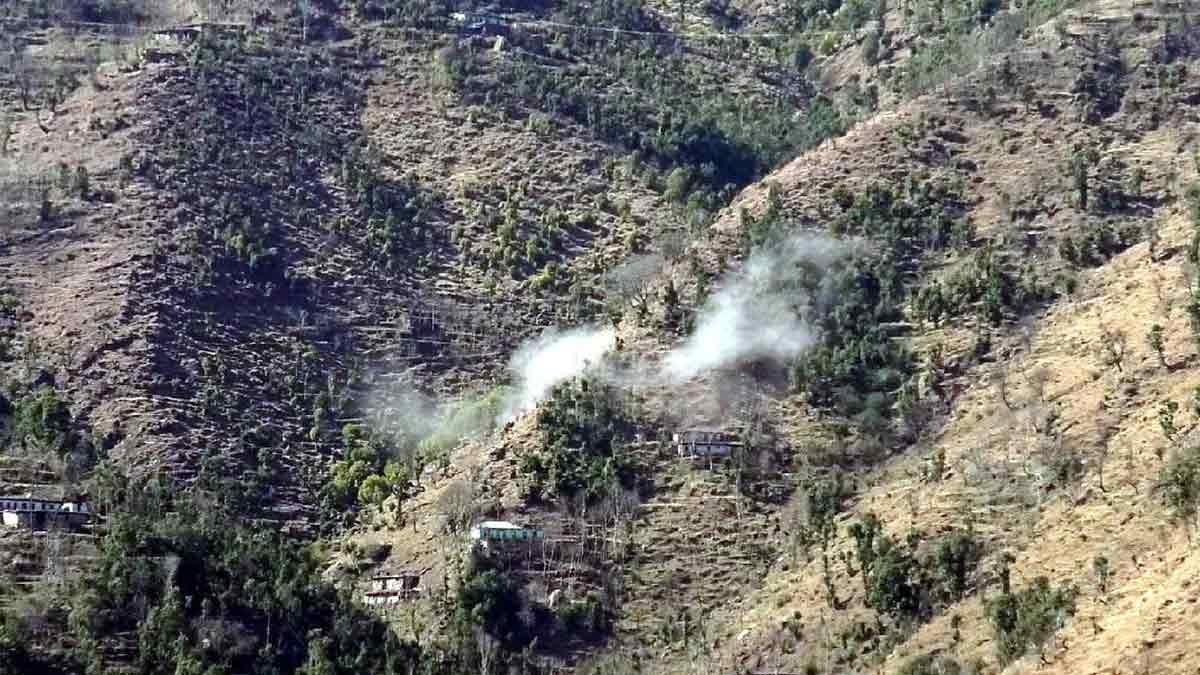Pakistan's dismal economic condition and its struggle to meet the demands of the International Monetary Fund (OMF), imposing taxes, increasing rate of inflation and snowballing petroleum prices have not only forced the Shehbaz Sharif-led government to introduce an austerity drive, but have also affected the capability and capacity of the military establishment to launch a counter-terrorism offensive.
The country's military establishment has been asked by the government to provide a plan on how they can cut their non-combat expenditure, given the nature of the severe economic crisis.
Experts say that while terrorism and groups like the Tehreek-e-Taliban Pakistan (TTP) and others continue to carry out coordinated attacks in different parts of the country, the military establishment is not in a position to launch a counter-terrorism offensive, which can be allocated with enough financial assistance to sustain it.
It would also not be wrong to maintain that terror groups, who are re-organising in different parts of the country, are also aware that they have the leverage, time and space as the military establishment may keep itself limited to IBOs (Intelligence Based Operations) or small scaled offensives, due to its bad financial conditions.
Also read |US, Israel discuss Israeli-Palestinian conflict, Iran's nuclear programme
In view of the current situation of the country, experts believe that launching a military offensive may just not be possible for the military establishment.
"Pakistan's armed forces and its intelligence agencies are well aware of the country's financial situation. And they would not find themselves in a position to launch operations like 'Zarb-e-Azb' and 'Raddul Fasad' to root out terrorists from its soil," said senior analyst Javed Siddique.
"And the fact that Pakistan's financial problems hinder the way of an all-out counter-terrorism operation by the armed forces, our neighboring Afghanistan and the Taliban regime there, along with the Pakistani Taliban can continue to enjoy each other's support and try to make full use of this vulnerable financial condition of the country," he added.
However, other military experts say that the resurgence of terrorism in the country does not need an all-out offensive and can be tackled through small scale operations as the militant groups have not yet been able to establishment themselves inside Pakistan and are using various sleeper cells for coordination and implementation of their terror plans.
"Pakistan armed forces have foiled tons of terror attack attempts, nabbed hundreds of TTP militants through ongoing IBOs (Intelligence Based Operations) and would continue to do so in the coming days as well," said an official with knowledge of the ongoing military operations.
"We are well aware of our limitations and are also aware that Pakistan's financial condition is not normal. But we should not forget that these financial gaps should not allow terrorism to prosper, and the armed forces are doing everything to ensure that terrorists do not get a single easy breath on Pakistani soil."
Addicted to IMF bailouts since 1958, Pak 'unwillingly' accepts agency's terms
Pakistan has had more than 20 bailouts from the International Monetary Fund (IMF), and is reportedly preparing to seek another one, even as it has still to receive the last tranche from the bailout programme currently underway.
That's roughly a bailout every 3.5 years since independence.
This might not be a sign of failed state or economy, but it's surely a resume crying for a reserved spot outside the IMF headquarters on 19th Street, NW Washington D.C., for a Pakistani representative with a hat and a bowl.
Pakistani officials have just announced that they have accepted -- unwillingly -- all the conditions set by the IMF to access the remaining $1 billion of the $6.5 billion of the bailout package cleared in 2019.
"We have to accept, unwillingly, the strict conditions for the IMF deal," Prime Minister Shehbaz Sharif said on Friday.
Sharif did not have a choice. His country's foreign reserve has dipped to $3 billion, which is just enough for Pakistan to see through the next three weeks.
Also read |Pakistan probe agency accuses Imran of misusing interim bail
Its long-time lenders in West Asia, whose generosity Islamabad had come to rely on, also let it be known that their money was also tied to Pakistan's agreement to the policy conditions laid out by the IMF for it to release the last tranche.
China, which already accounts for 30% of Pakistan's external debt, has extended a loan of $700 million to enable Islamabad to pay some of that same external debt. But it's really the pusher passing a free hit to an addict to keep them hooked.
Pakistan and IMF officials had been in negotiations since early February. A team of IMF officials was in Islamabad. The team left for Washington without a deal.
"Considerable progress was made during the mission on policy measures to address domestic and external imbalances," the fund said in a statement. And it went on to spell out its conditions that had not been met until then.
"Key priorities include strengthening the fiscal position with permanent revenue measures and reduction in un-targeted subsidies, while scaling up social protection to help the most vulnerable and those affected by the floods; allowing the exchange rate to be market determined to gradually eliminate the foreign exchange shortage; and enhancing energy provision by preventing further accumulation of circular debt and ensuring the viability of the energy sector."
In short, the IMF wants Pakistan to withdraw fuel subsidies and let the burden of rising prices fall directly on consumers, removal of other subsidies and raising taxes.
That remaining $1 billion will be released when the two sides sign the agreement, which should be a mere formality now that the Sharif government has relented.
Pakistan may need another bailout package to climb out of the ongoing economic mess and there are reports a fresh request is on the way. The IMF did not respond to an email asking if Pakistan had made such a request.
Pakistan has had 22 IMF bailout starting with $25 million in December 1958, two months after the country saw its first military coup, by General Ayub Khan. And then the rest.
With IMF not amused, Shehbaz pushes austerity to avert economic tsunami
After being widely criticised for plunging the masses into a dangerous wave of inflation, price hikes and taxes, Prime Minister Shehbaz Sharif-led Pakistan coalition government has now come up with an austerity plan to avert the economic meltdown aiming to save the government over Rs 200 billion per annum.
In a latest, Prime Minister Shehbaz Sharif has asked all of his ministers and advisers to relinquish their salaries, benefits and luxury cars and to fly economy class to help the government save millions of rupees to avert the loomimng economic meltdown threats the country is facing.
The step comes amid the Shehbaz Sharif government doing anything and everything to resume the stalled Extended Funding Programme (EFF) of the International Monetary Fund (IMF) to secure funds worth $1.1 billion, which will be provided after approval of the ninth review of the IMF plan for Pakistan.
"The IMF deal settlement and resumption is in its final stages. We have had to impose new taxes, introduce mini-budget and increase prices to meet their demands. This has been done with a very heavy heart because this deal was not done by our government. It was done by Imran Khan and we are now forced to comply with it and fulfil all of its shortcomings," said Shehbaz Sharif while announcing the government's austerity plan.
Also read |Pakistan stops clearing bills, salaries of govt departments
It is in the same line that fresh austerity drive to cut expenditures is being introduced to stave off an economic meltdown and meet the country's balance of payments crisis. This comes at a time when Pakistan's central bank, the State Bank of Pakistan's foreign exchange reserves are already reeling before a three-week import cover, while the inflation maintains its consistency at high levels.
"Far-reaching results of these measures will come to the fore. We will save around Rs 200 billion due to such measures. Although these measures would not give any significant relief to already inflation-hit people, they would give them a sense that the government realised their pain and agony," said premier Shehbaz Sharif.
As per the austerity plan, the size of the cabinet will be reduced, which currently is one of the biggest in the country's history with 85 members, which includes 34 federal ministers, seven ministers of state, four advisors and at least 40 special assistants to the Prime Minister.
It has also been decided that all federal cabinet ministers, advisers and special assistants would not take salaries and will also pay their utility bills from their own pockets. Moreover, the members will also return all luxury vehicles, which would later be auctioned and that the members would fly in economy class air tickets during their domestic and foreign trips, during which, assisting staff will no longer be accompanying them.
All government offices would be opened at 7:30 a.m. to save electricity and gas, while import of luxury items and official vehicles will be banned, a government official would be able to own only one official plot, foreign visits will be filtered and minimised and online zoom meetings will be preferred, cabinet members would not stay in 5-star hotels, big houses allotted to government officials will be recovered and sold, and the government will also implement a 15 per cent cut in expenses of government institutions, while the armed forces will also reduce non-combat expenditures.
Shehbaz Sharif also called on the Chief Justice of Pakistan (CJP), Chief Justices of High Courts and other courts of all provinces, chief ministers of provinces to implement similar measures to help the country come out of its prevailing economic crisis.
It is pertinent to mention that the latest austerity measures announced by the government do not have a very positive history of implementation in the past. The government earlier announced similar measures for market closure timings and other steps, which were notified but were not implemented.
However, this time, the government seems resolute to ensure implementation of its directives to help the country avoid a financial and economic meltdown.

